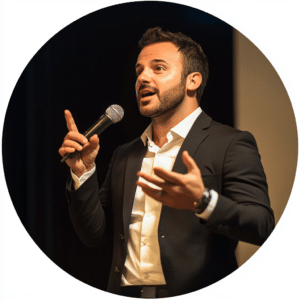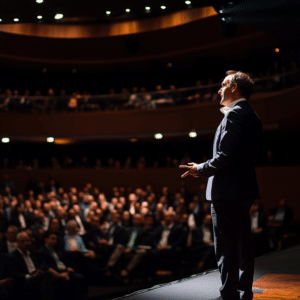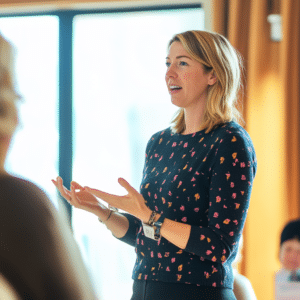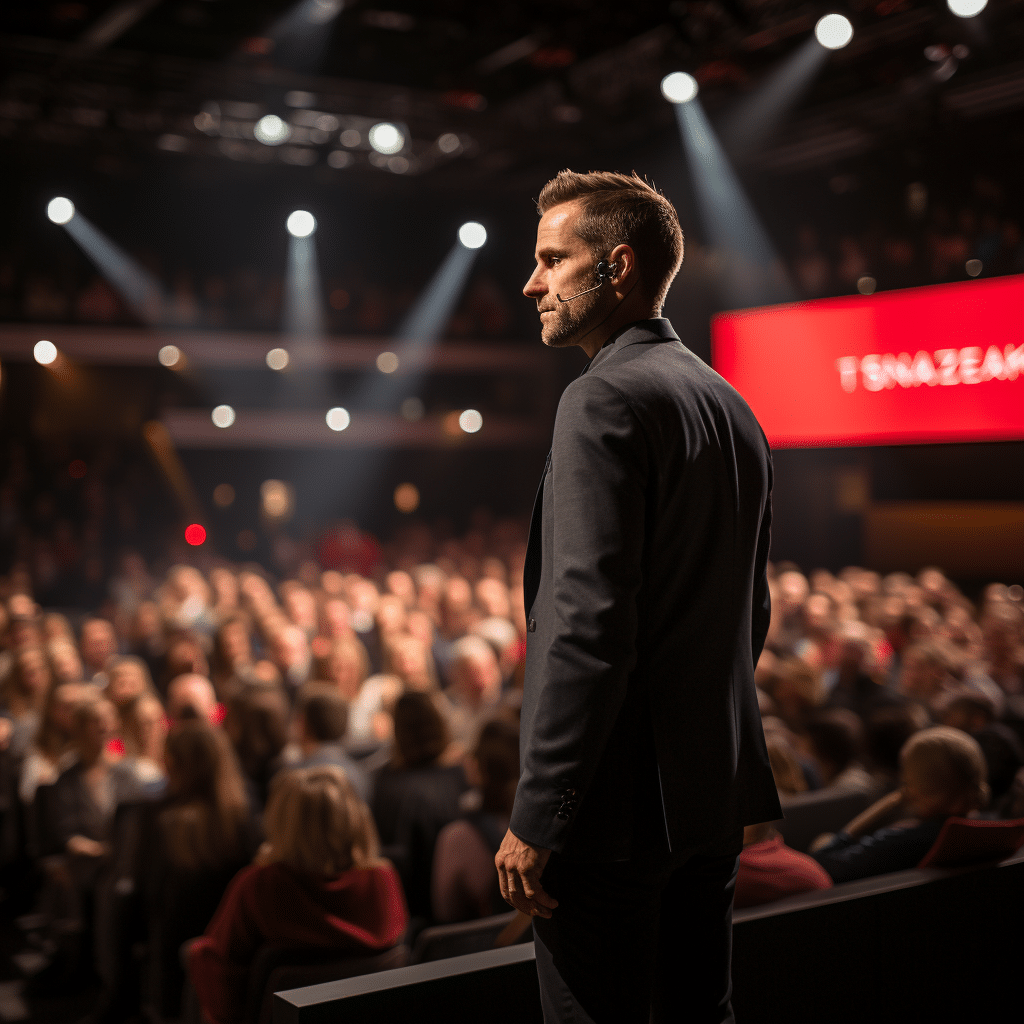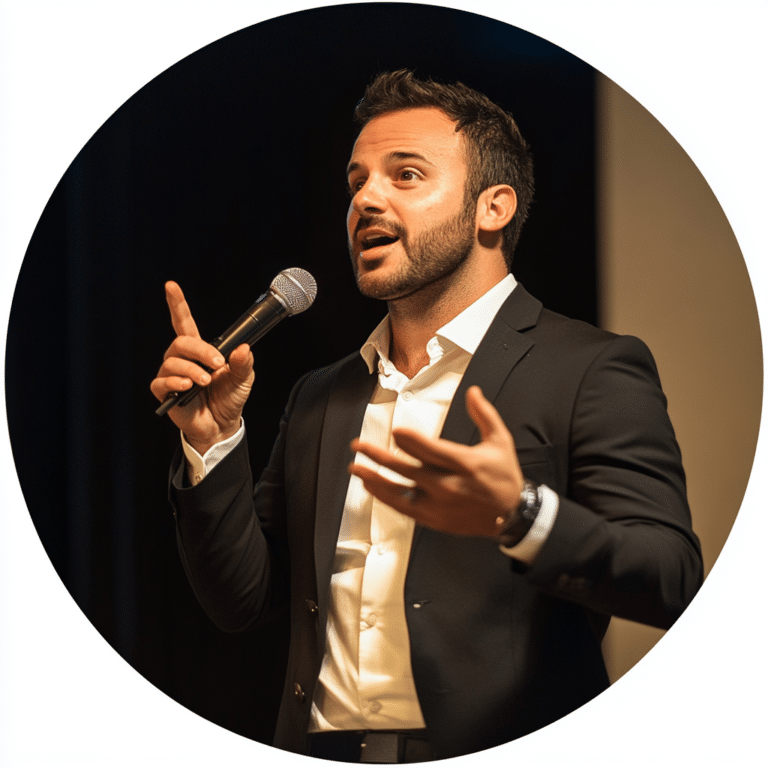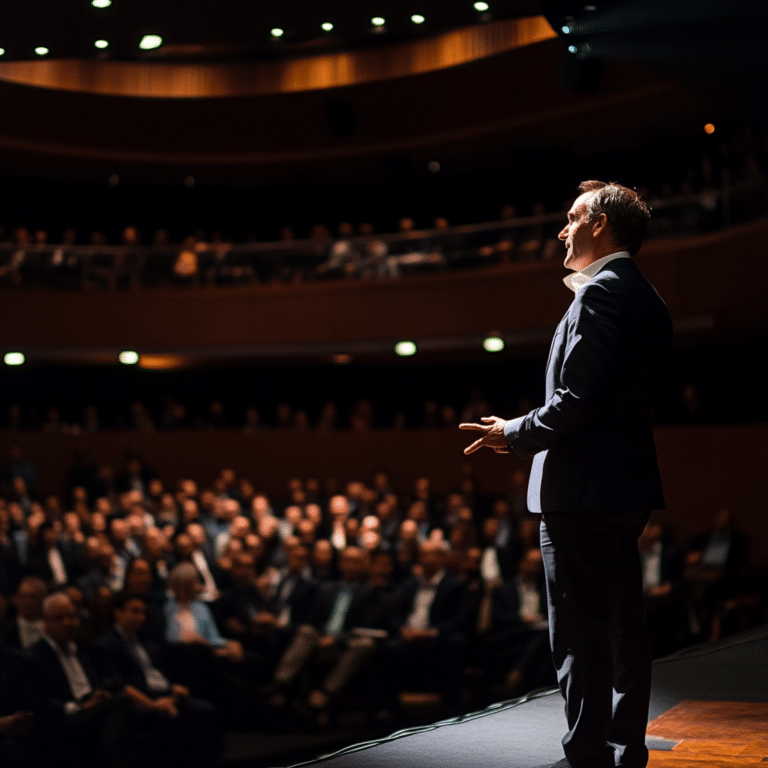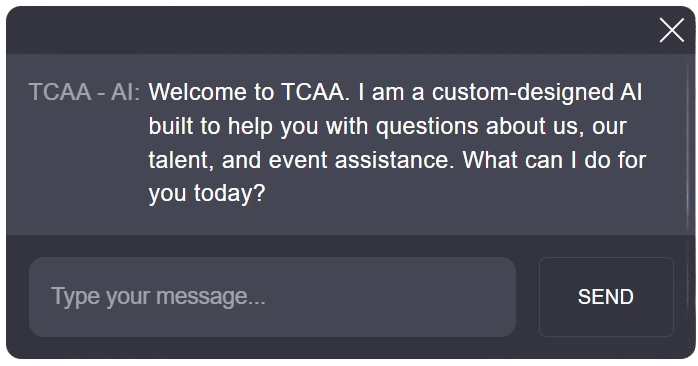In an era where collaboration defines the success of organizations, mastery of the breakout session becomes vital. A breakout session, often a core component of conferences or workshops, is a period where attendees split into smaller, focused groups to engage in discussion, problem-solving, and hands-on tasks. But what makes these sessions truly effective? Let’s explore the secrets behind powerful collaboration through breakout sessions.
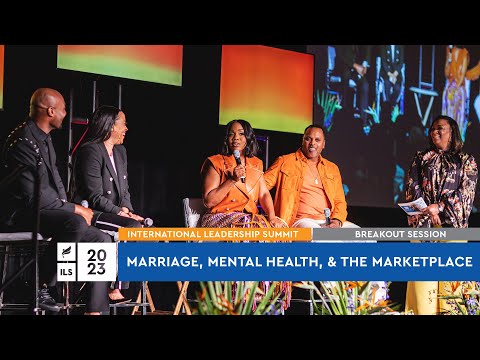
The Essence of a Breakout Session: A Deeper Dive
Understanding the breakout session meaning is crucial to leveraging its benefits. At its core, a breakout session is designed to break down larger groups into smaller, manageable cohorts to foster intimate, detailed discussions and collaborative efforts. The technology giant Apple, for instance, excels at utilizing breakout sessions during its annual Worldwide Developers Conference (WWDC). These sessions foster highly specific, technically deep conversations that result in significant innovations and practical learning.
Top 7 Secrets to Mastering Powerful Collaboration in Breakout Sessions
Breaking out of the traditional conference model can lead to breakthroughs. Below are seven effective strategies that can transform your breakout sessions from average to exceptional.
1. Clear Objectives and Expected Outcomes
A successful breakout session begins with a well-defined purpose. Google, during its internal brainstorming sessions, emphasizes setting clear goals. Participants know the agenda and the expected end results, whether it’s generating ideas or solving a problem. This clarity aligns efforts and keeps discussions focused.
2. Engaging Facilitation
Effective facilitation is the backbone of a successful breakout session. Esteemed facilitator Priya Parker, author of “The Art of Gathering,” often underscores the importance of guiding discussions without dominating them. Facilitators should encourage participation from all members, fostering an environment where every voice is valued.
3. Diverse Participant Selection
The diversity of participants can significantly enhance the dynamics of a breakout session. IBM’s Design Thinking workshops provide a stellar example. Including professionals from varied backgrounds ensures a plethora of perspectives, fostering innovative solutions that may have been overlooked in a more homogenous group.
4. Innovative Tools and Technology
Leveraging the right technology can transform collaborative efforts. Microsoft’s Teams platform, which includes features like collaborative document editing and real-time communication, is often used during their internal breakout sessions to maintain seamless interaction and documentation of ideas.
5. Comfortable and Flexible Environment
The setting of a breakout session profoundly impacts its success. Companies like Zappos prioritize creating a relaxed, flexible environment, sometimes even incorporating unconventional meeting spaces like lounges or outdoor areas. This approach reduces stress and encourages freely flowing ideas.
6. Structured, Yet Flexible Framework
While the agenda should be structured, there should be room for flexibility. The World Economic Forum, known for its Davos meetings, employs a semi-structured format for breakout sessions. This allows for organic, in-depth discussions to develop without being rigidly confined by a strict schedule.
7. Continuous Feedback and Iteration
Post-session evaluations are essential for continuous improvement. Salesforce, through its use of feedback forms and follow-up meetings, ensures that each breakout session is better than the last. Insights from participants are used to refine future sessions, enhancing overall effectiveness.
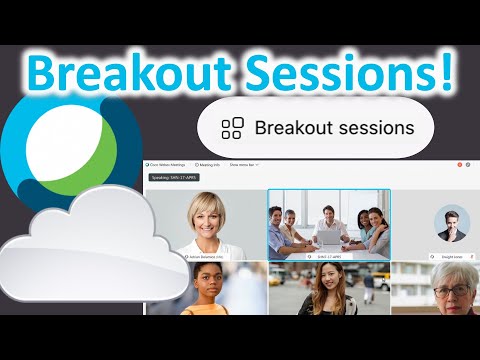
| Feature | Description |
| Definition | A small, interactive session within a larger conference or meeting where participants can discuss specific topics in detail. |
| Purpose | – Enhanced engagement – Deep dives into specific topics – Networking opportunities |
| Duration | Typically ranges from 30 to 90 minutes |
| Format | – Workshops – Panel Discussions – Roundtables – Case Studies |
| Typical Activities | – Group discussions – Interactive exercises – Q&A sessions – Brainstorming sessions |
| Participants | Usually ranges from 10 to 40 people to maintain an intimate, interactive environment |
| Facilitation | Often led by a moderator or subject-matter expert |
| Technology Used | – Projectors – Whiteboards – Collaboration tools (e.g., Zoom, Microsoft Teams for virtual sessions) |
| Benefits | – Personalized learning – Increased participation – Opportunity for attendees to voice opinions and share experiences |
| Customization | Can be tailored to suit the specific interests and needs of the participants |
| Ideal Settings | – Corporate trainings – Educational conferences – Industry seminars |
| Challenges | – Time constraints – Potential for off-topic discussions – Need for skilled moderators |
| Success Metrics | – Participant feedback – Engagement levels – Achievement of session objectives |
| Popular Topics | – Industry trends – Skill development – Problem-solving techniques |
| Best Practices | – Clearly defined objectives – Pre-session participant surveys – Post-session evaluations – Skilled facilitation |
Real-World Examples of Successful Breakout Sessions
To comprehend the transformative power of breakout sessions, consider software giant Adobe’s “Creative Jams.” These sessions not only encourage collaboration but also competition, as small teams work on creative projects within a limited time frame. The results are often groundbreaking, fostering a spirit of innovation and teamwork.
Another great example is the National Aeronautics and Space Administration (NASA), which uses breakout sessions during its ideation phase for projects. These sessions often include cross-disciplinary team members, from engineers to economists, leading to comprehensive, well-rounded solutions.

The Secret Ingredient: Attendee Empowerment
Empowering participants is the underlying secret to successful breakout sessions. Allowing them the autonomy to voice opinions, explore ideas, and take leadership roles within the discussion fosters a sense of ownership and commitment to the collaborative process. LinkedIn’s annual Talent Connect event is a perfect example, where breakout sessions are designed to empower HR professionals to share and solve common challenges collaboratively.
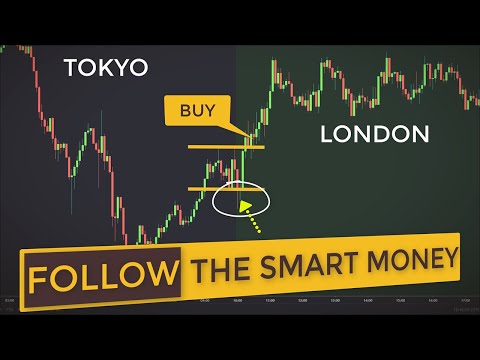
Transform Your Organization with Powerful Breakout Sessions
Harnessing the full potential of breakout sessions is about more than just breaking into smaller groups; it’s about creating an environment where collaboration can thrive. By embedding clear objectives, skillful facilitation, diversity, innovative tools, comfortable environments, structured flexibility, and continuous feedback, your organization can unlock unprecedented levels of innovation and teamwork.
So, the next time you’re organizing a seminar, workshop, or conference, remember: the true power of collaboration lies in mastering the breakout session. With the secrets above, you’re well on your way to transforming your collaborative efforts into a powerhouse of creativity and productivity.
In addition to fostering powerful collaboration, our platform features resources and curated content, like insights on How To spell intriguing and How do You spell presentation. Also, you may want to check out the top youth Speakers for your next event. For those simply seeking a break, enjoy reading top trending topics such as Jjk and artist profiles like Jennifer Love hewitt nuee.
Ready to make impactful decisions and elevate your breakout sessions? Set clear objectives, engage skilled facilitators, select diverse participants, use innovative tools, create comfortable environments, maintain flexible frameworks, and seek continuous feedback. Unlock the full potential for collaboration and innovation in your organization today.
Break Out Session Secrets: Master Powerful Collaboration
Boosting Engagement & Fun Facts
Ever wondered why a break out session can make or break your collaboration efforts? Well, you’re in luck because these sessions are designed for maximum interaction and creativity. A typical break out session isn’t just about splitting into smaller groups; it’s about fostering a more intimate environment where ideas flourish. For those curious about the cost of bringing thought leaders into such sessions, don’t miss checking out Ben Shapiro’s speaking fees. It might surprise you how investing in a dynamic speaker can elevate the entire experience.
Did You Know?
Here’s a fun fact: The concept of break out sessions dates back to the early days of corporate training programs. They were introduced to disrupt the monotony of long, tedious meetings. This innovation ensures attendees stay engaged and contribute effectively. Speaking of staying engaged, if you’ve ever wondered about the details of a home loan while in a break out session, here’s a quick guide on What Is interest rate on home loan to keep you on track with your personal finances. Balancing work and life knowledge during breaks can be surprisingly beneficial.
Trivia That Sticks
Here’s another interesting tidbit: Break out sessions often feature interactive activities such as role-playing and brainstorming, which can significantly enhance problem-solving skills. And hey, ever come across an intriguing character like Jodio in one of these sessions? Sometimes, a unique persona is all it takes to spark creativity and fresh ideas. Integrating diverse elements into sessions can make a world of difference, proving that a varied approach keeps the momentum going.
By incorporating these little-known facts and intriguing tidbits, you’ll better appreciate the value of a well-executed break out session. Not only does it break the ice, but it also opens up avenues for more meaningful and productive collaboration. So, next time you find yourself in a break out session, remember these engaging snippets to share and enrich your collaborative experience!




